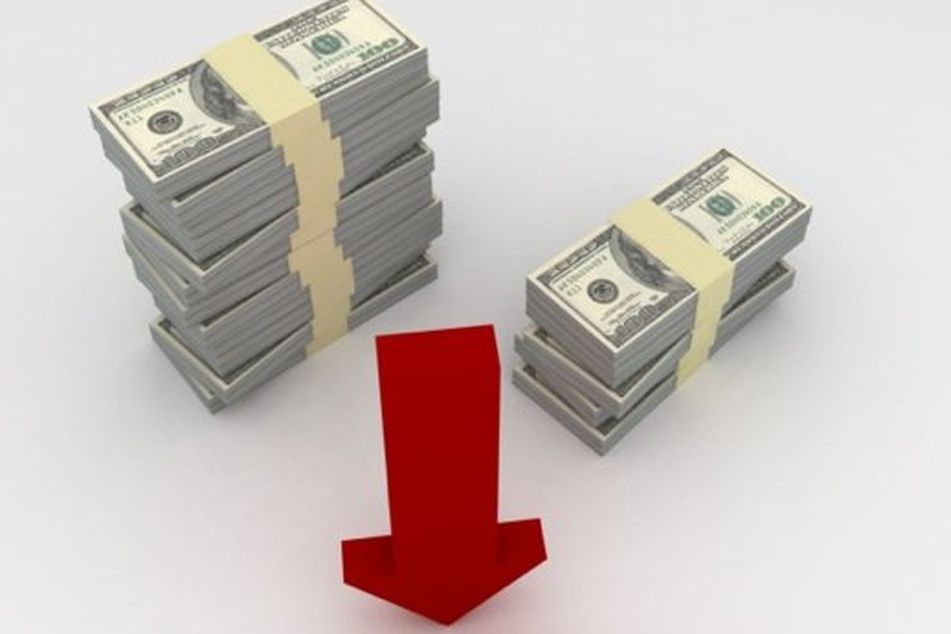A certain ratio: Investors reveal No. 1 factor in choosing ETFs

Like cash, cost is king; price war still raging.
Right in line with the unfolding price war in the exchange-traded-fund business, a study released today shows that “cost is king in the ETF-buying decision.”
Indeed, a survey of more than 1,000 U.S. investors in early August found that cost is the No. 1 factor investors consider when selecting ETFs.
Investors said they pay most attention to expense ratios, followed by trade commissions, with 38% of respondents saying the ability to trade ETFs commission-free is important.
The survey, which was commissioned by The Charles Schwab Corp., comes amid a recent wave of efforts to reduce ETF fees by Schwab, BlackRock Inc. and The Vanguard Group Inc.
The most recent move came this week when Vanguard announced that it is dropping MSCI Inc. as the index provider for 22 of its index funds and ETFs. The benchmarks for the funds will now be provided by FTSE Group and The Center for Research in Securities Prices.
A Vanguard spokesman cited index licensing fees as part of the reason for the change.
Among the other findings from the survey, Schwab reported that investor appetite for ETFs continues to grow and become more specialized, along with new-product developments.
More than 80% of respondents agreed with the statement: “ETFs are here to stay.” And four out of 10 said they plan to increase their ETF investments next year.
“It’s very exciting to see investors rally enthusiastically around ETFs as an essential part of their investing toolbox, but now we need to make sure that their knowledge about the use of ETFs fully matures, as well,” Schwab’s vice president of ETF plan management, Beth Flynn, said in a statement.
The research also revealed that while ETFs are gaining appeal among investors, there remains a bit of a knowledge gap.
Of those surveyed, 39% said they know more about ETFs than they did a year earlier. But a third of respondents put their understanding of ETFs at the novice level.
Survey respondents not currently using ETFs said they have not yet invested because they don’t understand the product well enough.
“Most investors generally understand that ETFs tend to offer diversification at a low cost, but many still need more insight and education on how best to use them, the risks involved and potential tax implications,” Ms. Flynn said in the statement.
Learn more about reprints and licensing for this article.








